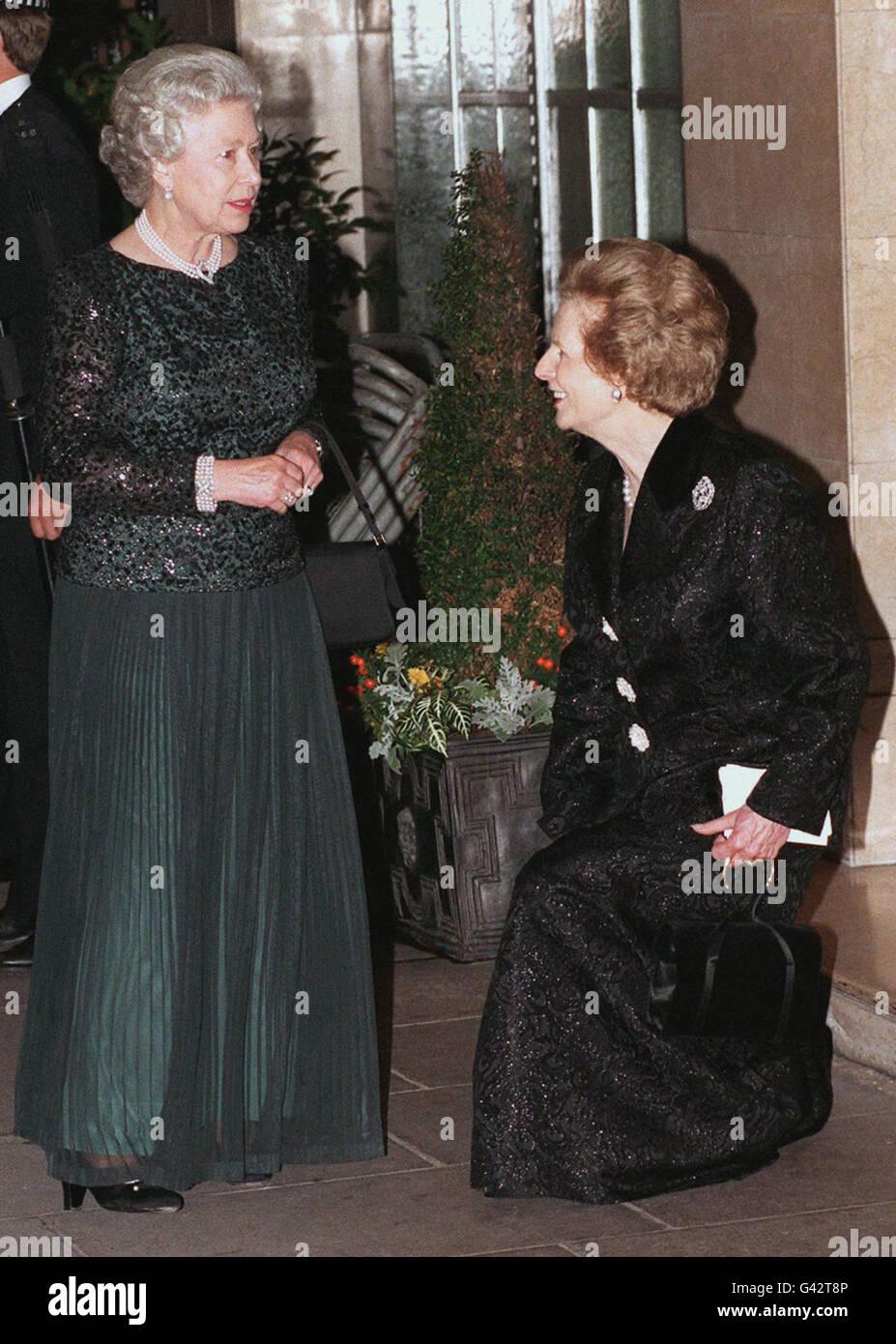The Lasting Impact of Margaret Thatcher on British Politics

Introduction
Margaret Thatcher, known as the Iron Lady, served as the Prime Minister of the United Kingdom from 1979 to 1990, becoming the first woman to lead the country. Her policies, popularly termed Thatcherism, transformed Britain’s political landscape and left an indelible mark on the economy and society. As the UK approaches significant elections and discussions around leadership, her legacy continues to influence political discourse today.
Key Policies and Their Implications
Thatcher’s tenure is characterised by her strong commitment to neoliberal economic policies. She introduced sweeping reforms aimed at reducing the power of trade unions, privatising state-owned industries, and fostering a free-market economy. These policies were designed to combat the economic stagnation of the 1970s, a period characterised by high inflation and unemployment.
Her government’s approach led to an initial wave of unemployment as industries were streamlined and unprofitable state enterprises were closed. However, proponents argue that these measures laid the foundation for robust economic growth in the ensuing decade. Critics, however, contend that her policies exacerbated social inequalities and led to a decline in traditional manufacturing sectors.
Controversial Legacy and Current Relevance
The legacy of Margaret Thatcher remains contentious. Her supporters view her as a reformer who revitalised the British economy and restored national pride. Contrarily, others see her as a polarising figure whose policies contributed to the decline of community and social cohesion in many areas of the UK.
In recent years, discussions about Thatcher’s impact have resurfaced, particularly in the context of debates around Brexit and the current economic challenges faced by the nation. As younger generations grapple with the complexities of modern governance, Thatcher’s approach to leadership, economic strategy, and her iconic figure continue to spark dialogue.
Conclusion
Margaret Thatcher’s political career serves as both a lesson and a reference point in contemporary British politics. Her impact is substantial, reshaping not only the economy but also societal norms regarding leadership and governance. As the UK looks ahead, understanding her legacy provides valuable context to current political dynamics and challenges. With opinions on her tenure remaining sharply divided, the discourse around her influence is likely to persist well into the future, reminding us of the complex interplay between policies and their societal effects.
